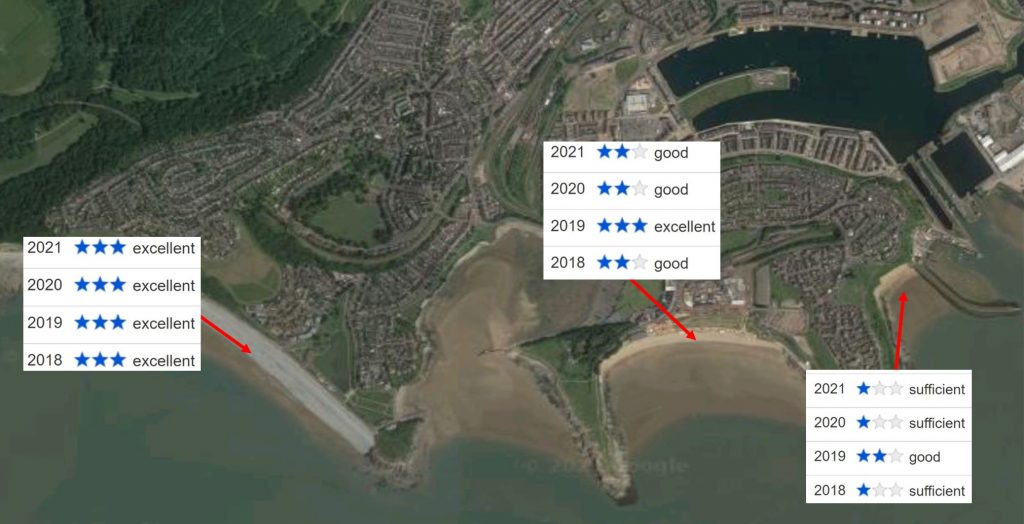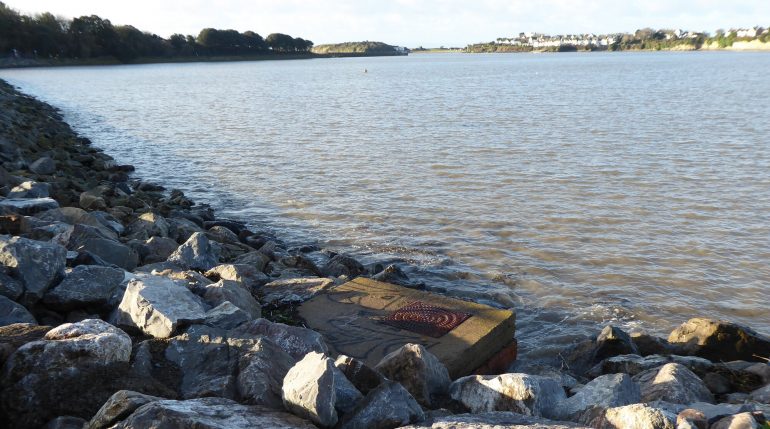But campaign groups have called for new rules to be introduced
SEWAGE overflows “do not have an impact on the excellent bathing water quality at Barry,” says Welsh Water.
In response to a report by The Cardiffian, Welsh Water said the specific combined sewage outflows at Barry were “operating within their permits.”
The company said the process is “closely monitored by Natural Resources Wales”, the body that issues the permits.
“As a not-for-profit company so closely linked to the environment, we are very aware of the impact our operations can have on our surroundings and take our environmental performance very seriously,” said a Welsh Water spokesperson.
Of the three beaches monitored for water bathing quality by Natural Resources Wales, only Cold Knap has an “excellent rating”.

Jackson’s Bay, to the east of Barry Island has the worst water quality in Barry with a rating of “sufficient”.
The Natural Resources Wales report for Jackson’s Bay says sewage debris was observed in trace amounts on between 20 and 30% of occasions,” from 2017 to 2020.
Trace amounts of litter were observed at Jackson’s Bay most times inspections were carried out.
Natural Resources Wales says a number of factors affect the water quality at Jackson’s Bay including CSOs, agricultural pollution and misconnections between sewage and water pipes.
Marine conservation group Surfers Against Sewage has called for a “strict, legally binding” limit of three sewer overflow discharges per season, per sewer overflow asset.
“Discharges should only be acceptable in extreme weather events.”
Welsh Water said: “CSOs play an essential role in stopping sewage from backing up into customers’ properties during periods of heavy rain.
“They usually release storm waters into rivers or the sea and their operation is highly regulated and closely monitored by our regulator Natural Resources Wales.”



